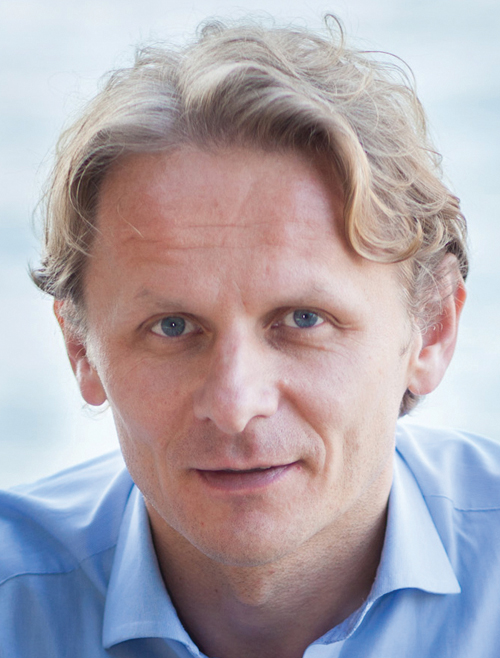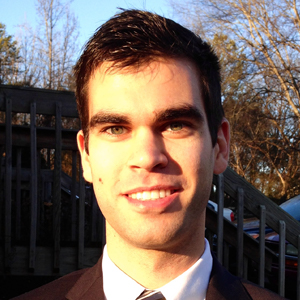Dikic honored for his ‘unselfish commitment to training and to the advancement of the scientific com
Ivan Dikic, professor and chairman of the Institute of Biochemistry II at Goethe University, is the winner of the American Society for Biochemistry and Molecular Biology’s William C. Rose Award this year.

“It is a great honor and a personal joy to be a recipient of the ASBMB award that carries the name of one of the most accomplished biochemists and educators, William C. Rose. For me, the curiosity to discover and the passion to educate go hand in hand in furthering our understanding and inspiring future generations. I wish to share these feelings with students and colleagues in Boston.”
This award seeks to recognize individuals who have made significant contributions to our scientific understanding of biochemical and molecular biology and who have demonstrated a commitment to the training of young researchers.
“Ivan revolutionized our understanding of protein modification by ubiquitination,” writes John D. Scott of the University of Washington, who nominated Dikic for this award. “Ivan’s original work unequivocally defined the molecular basis of ubiquitin decoding. He has earned the highest regards from colleagues.”Dikic is being honored for his seminal work in decrypting the ubiquitin code and his energetic training and education of young scientists. Dikic’s work demonstrates that modifications of proteins by ubiquitin or ubiquitinlike proteins regulate their activities in many different types of signaling pathways. This has led to a greater understanding of complex diseases, such as cancer and autoimmune diseases.
Dikic also initiated and organized the Dubrovnik Conference on Molecular Signaling, which has allowed students and researchers to interact with eminent scientists from around the world.
In his nomination letter, Mark A. Lemmon of the University of Pennsylvania School of Medicine said that Dikic possesses an “active and unselfish commitment to training and to the advancement of the scientific community.”
Dikic earned his medical degree from the University of Zagreb Medical School. He later earned a Ph.D. in molecular biology at the New York University School of Medicine under the supervision of Joseph Schlessinger. After conducting two years of postdoctoral work at New York University, he began work at the Ludwig Institute for Cancer Research in Uppsala, Sweden. Today, he holds professorships at Goethe University and at the School of Medicine in the University of Split, located in his home country of Croatia.
The award consists of a plaque, a $3,000 prize and transportation to the Experimental Biology 2013 conference in Boston to present a lecture.
Dikic will present his lecture at the Experimental Biology 2013 conference in Boston at 2:55 p.m. April 21.
Enjoy reading ASBMB Today?
Become a member to receive the print edition four times a year and the digital edition monthly.
Learn moreGet the latest from ASBMB Today
Enter your email address, and we’ll send you a weekly email with recent articles, interviews and more.
Latest in People
People highlights or most popular articles

The data that did not fit
Brent Stockwell’s perseverance and work on the small molecule erastin led to the identification of ferroptosis, a regulated form of cell death with implications for cancer, neurodegeneration and infection.

Building a career in nutrition across continents
Driven by past women in science, Kazi Sarjana Safain left Bangladesh and pursued a scientific career in the U.S.

Kiessling wins glycobiology award
She was honored by the Society for Glycobiology for her work on protein–glycan interactions.

2026 ASBMB election results
Meet the new Council members and Nominating Committee member.

Simcox wins SACNAS mentorship award
She was recognized for her sustained excellence in mentorship and was honored at SACNAS’ 2025 National Conference.

From humble beginnings to unlocking lysosomal secrets
Monther Abu–Remaileh will receive the ASBMB’s 2026 Walter A. Shaw Young Investigator Award in Lipid Research at the ASBMB Annual Meeting, March 7-10 in Washington, D.C.

